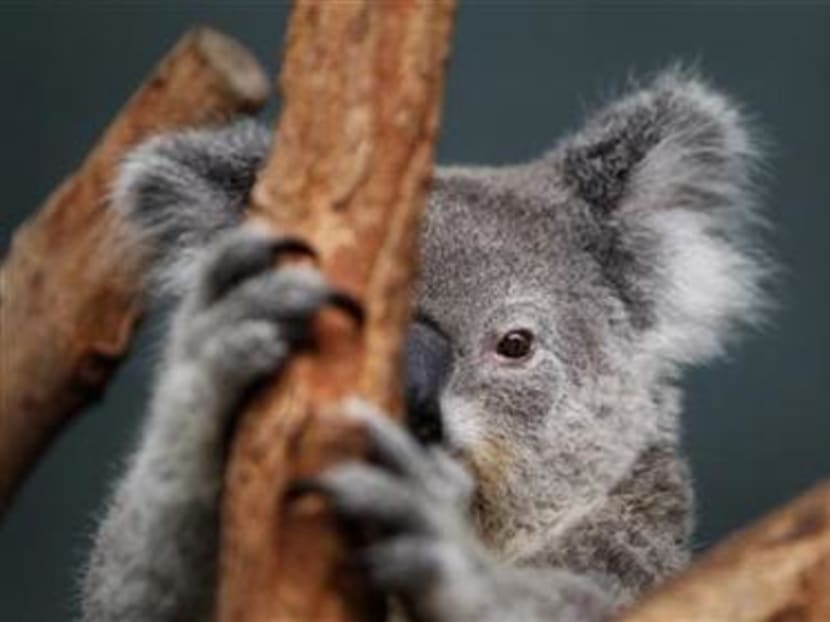Close to 700 starving koalas culled in secret in Australia
SINGAPORE — Close to 700 starving koalas had been killed in secret culls in an area south-west of Melbourne in Australia, Envionment Minister Lisa Neville revealed today (March 4) in a statement.
SINGAPORE — Close to 700 starving koalas had been killed in secret culls in an area south-west of Melbourne in Australia, Envionment Minister Lisa Neville revealed today (March 4) in a statement.
The minister confirmed that a “terrible situation of overpopulation” had moved the government to capture, sedate, then put to sleep as many as 686 koalas between 2013 and 2014 at the Cape Otway area in western Victoria.
The campaign was kept from the public to avoid any backlash from green groups and the community, the Sydney Morning Herald reported.
The Cape region is said to have the greatest density of koalas in Australia since the marsupial was introduced in the 1970s. It is a known fact that many of them were starving.
Though controversial, koala expert, Dr Desley Whisson, validated the move and said that the cull was needed. The situation “got to a point where no leaves were left on trees and koalas were literally falling out of trees”, she said in an interview with radio station 3AW.
Besides, there would have been 1 to 2 which died of starvation for every one of those euthanised, she added.
In 2008, when the manna gum woodland in the Otways was reasonably healthy, there were about 10 koalas a hectare. Its population swelled to 23 per hectare by 2013, said Dr Whisson. The koala population rocketed to as high as 8000.
“It was horrendous,” she said. “There were dead and dying koalas at the base of trees. Mothers were abandoning their young and it stank. The only thing that benefited were the feral cats.”
This was a case of euthanising extremely unwell animals, not culling, the expert said.
Sydney University senior lecturer Mathew Crowther, who the Herald spoke to, shares a similar view. Said Dr Crowther: “This remains the most humane action. Which is politically unpalatable.”
Sources: ABC, The Sydney Morning Herald, 3AW







